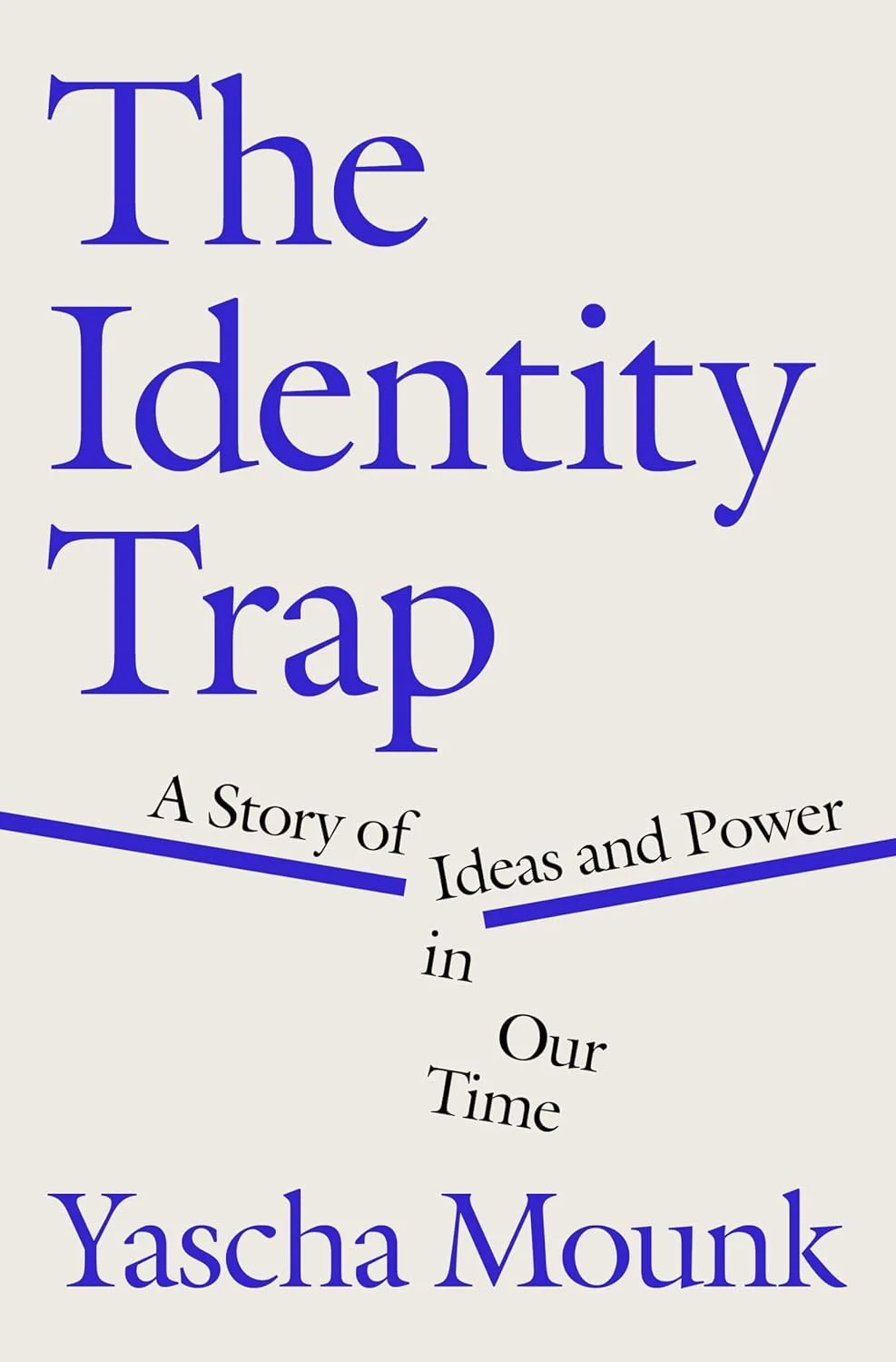How Then Should We Give?
Given how often social media posts, hear radio ads, or television commercials ask me to donate money electronically, I would have assumed a generation of digital natives would be among the most generous around. There are always opportunities being presented for needs around the globe.
Additionally, the popularity of the story about the guy who raise tens of thousands of dollars for a Potato Salad on Kickstarter, gives the impression that floods of money are being sent by digitally connected people to many causes, worthy and otherwise.
The February 2015 report from the Bureau of Labor and Statistics on the results of the 2013 Consumer Expenditure Survey shows this isn’t the case. On average, people in the United States give about 2.9% of their income to charity. People under 25 give only 1.7%, while those in the 25-34 age bracket give about 1.6%. All of the media awareness has not raised the rate of giving at any age, even among digital natives.
Despite millennials being engaged in many social causes, and the increasing use of digital media to raise awareness, the result has not been a world-changing generosity toward charitable causes.
This is statistical reality, but it leads us to an important question as we experience the relative wealth of living in a developed nation: How much should we give?
Should We Tithe?
Some figures in church history would have us believe that giving 10% of our income is taught in Scripture. However, the case for carrying over the duty to tithe from the Old Testament to the New Testament is much more complicated than some allow.
For example, there seems to be more than one tithe in Scripture (E.g., Num. 18:21, 24; Deut. 14:22-27; Deut. 14:28-29). Additionally, the tithe(s) were not the extent of required giving. There are other offerings and sacrifices prescribed in Old Testament law. Since there is no clear command to give a particular percentage in the New Testament, and the tithe and offering system seems to be more clearly a part of the old covenant system of worship, it is questionable whether 10% is the amount Christians need to give.
As a matter of fact, as with most of the ethical mandates of the Old Testament, the New Testament seems to call for a higher degree of generosity. Just as Christ explained that lust is a sin like adultery (Matt 5:27-28), so he provided an example of heroic generosity instead of a duty based giving of a particular percentage (Mark 12:41–44).
Paul’s teaching in 2 Corinthians 8 is one of the key passages for determining how contemporary Christians should give. In Paul’s letter to the Corinthians, he describes Macedonia giving generously from their poverty as an encouragement to give.
This exhortation to be generous comes after Paul’s earlier instructions in 1 Corinthians 16:1-4 to regularly set aside money in preparation for a large gift being sent to alleviate the financial difficulties of the church in Jerusalem.
In neither of these places does Paul cite a specific amount, but urges generosity according to means. The Corinthians were to do more than calculate a percentage when writing their check to the church.
Practical Lesson from Paul
There are at least three things we can learn and apply from Paul’s teaching to the Corinthians:
1. Giving should be planned. Paul’s encouragement to the Corinthians to “put something aside” on “the first day of the week” (1 Cor 16:2) is significant as it required discipline and planning. Giving is not a reactionary donation of whatever is left after the remainder of our paycheck is spent, it is intended to be a planned economic activity.
2. Giving should be according to our means. We mathematical modern Christians like to think this signifies a certain percentage; that way the amount goes up with our income. In reality, however, there is a minimum amount we need to survive. We should consider giving an ever increasing portion of our excess as we have the opportunity (2 Cor 8:14).
3. Giving should be with a genuine generosity. Paul calls giving an act of grace (2 Cor 8:7). He also issues a plea not a command to the Corinthians to be generous (2 Cor 8:8). In other words, giving is to be out of an overflow of love for Christ, in view of his sacrifice for us (2 Cor 8:9), not out of a sense of duty or guilt. We should want to give.
As with any spiritual discipline, giving has the potential for legalism. Our goal should be to put resources entrusted us to work in the best way possible, which should include generous giving as well as wise investment of resources. After all, the earth is the Lord’s and everything in it (Ps 24:1). We are merely stewards of the resources God provides us.





















